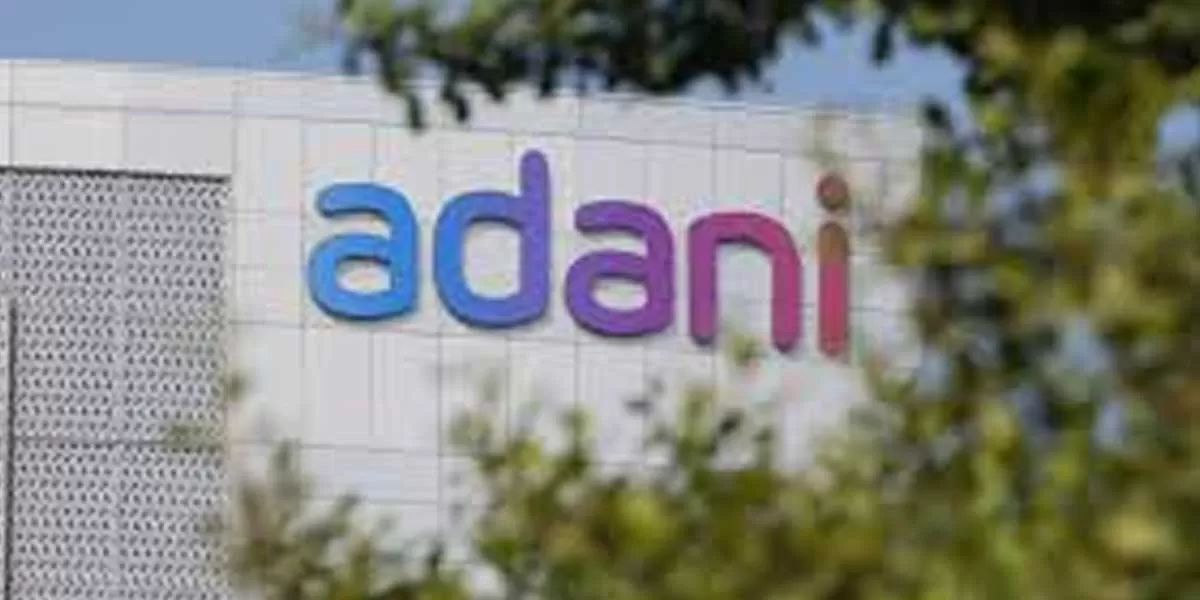Photo: For representational purpose
A National Logistics Policy will be released soon and it will clarify the roles of the Union Government, state governments and key regulators, said Finance Minister Nirmala Sitharaman while presenting the Union Budget 2020-21 in Parliament. The policy will create a single window e-logistics market and focus on generation of employment, skills and make MSMEs competitive, she added.
India’s logistics sector is highly defragmented and the aim is to reduce the logistics cost from the present 14 per cent of GDP to less than 10 per cent by 2022. India’s logistics sector is complex with more than 20 government agencies, 40 PGAs, 37 export promotion councils, 500 certifications, 10,000 commodities, 160 billion market size. It also involves 12 million employment base, 200 shipping agencies, 36 logistics services, 129 ICDs, 168 CFSs, 50 IT ecosystems and banks and insurance agencies. Further, 81 authorities and 500 certificates are required for EXIM.
The Indian logistics sector provides livelihood to more than 22 million people and improving the sector will facilitate 10 per cent decrease in indirect logistics cost, leading to the growth of 5-8 per cent in exports. Further, it is estimated that the worth of Indian logistics market will be around US$ 215 billion in the next two years compared to about US$ 160 billion at present.
The National Logistics Policy formulated by the Commerce and Industry Ministry will improve India’s trade competitiveness, create more jobs, improve India’s performance in global rankings and pave the way for India to become a logistics hub.
The following announcements in Finance Minister’s Budget Speech will make the National Logistics Policy more robust, said a PIB release:
• Introduction of GST has brought in efficiency in logistics and transportation sector. It has reduced turnaround time of trucks by over 20 per cent.
• Geo-tagging of all warehousing.
• Warehousing will be promoted to comply with WDRA norms.
• VGF will be provided for setting up of warehousing at the block/taluk levels on PPP mode. Food Corporation of India, Central Warehousing Corporation will also offer their land for this purpose.
• Village Storage Scheme through Women Self-help groups will provide backward linkages for seeds thereby reducing logistics costs. Financial assistance under MUDRA loans and NABARD will be provided for this purpose.
• Cold chains for fish and perishables will be promoted.
• Refrigerated vans will be attached to passenger trains to promote movement of perishables quickly.
• Krishi trains will also be run on PPP mode.
• Krishi Udan scheme will be promoted/launched whereby horticulture and perishable commodities will be transported through the air-route that will especially benefit the North-East region and tribal area. It will definitely help movement of perishables and foodstuff to produce-areas to consumption-areas.
• Cluster approach will be adopted for promoting horticulture. One Product One District will be encouraged.
• National organic e-market will be developed for organic products.
• Financing of negotiable warehousing receipts would be encouraged and also its integration with e-NAM.
• National Logistics Policy will be released soon. Inter-alia, it will clarify the roles of the Union Government, state governments and key regulators. It will create a single window e-logistics market place and focus on generation of employment, skills and making MSMEs competitive.
• Rs 100 trillion National Infrastructure Pipeline has been launched, which includes over 6,500 infrastructure projects. NIP has projects worth Rs 19.6 trillion for roads, Rs 13.69 trillion for railways, Rs 1.43 trillion for airports and Rs 1.01 trillion for ports.
• Accelerated development of highways will be undertaken. 2,500 km of access controlled highways, 9,000 km of economic corridors, 2,000 km of coastal and land-port roads and 2,000 km of strategic highways.
• Delhi-Mumbai and Chennai-Bengaluru express highways to be made operational by 2023.
• 12 lots of highway building consisting of over 6,000 km will be offered for monetisation by 2024.
• Governance structure for corporatisation of one major port will be introduced.
• Inland Waterways, especially Jal Vikas Marg (NW1), will be made operational.
• Inland Waterways from Dhubri to Sadia in Assam will be promoted by 2022.
• Inland Waterways will be promoted under the Programme called Arth-Ganga, ie, promoting economic activities along with banks of the river.
• 100 more airports will be established under the UDAN scheme.
• 1,200 airplanes will be added from the present 600.
• Rs 1.7 trillion has been allocated for the transportation sector in 2020-21.

















